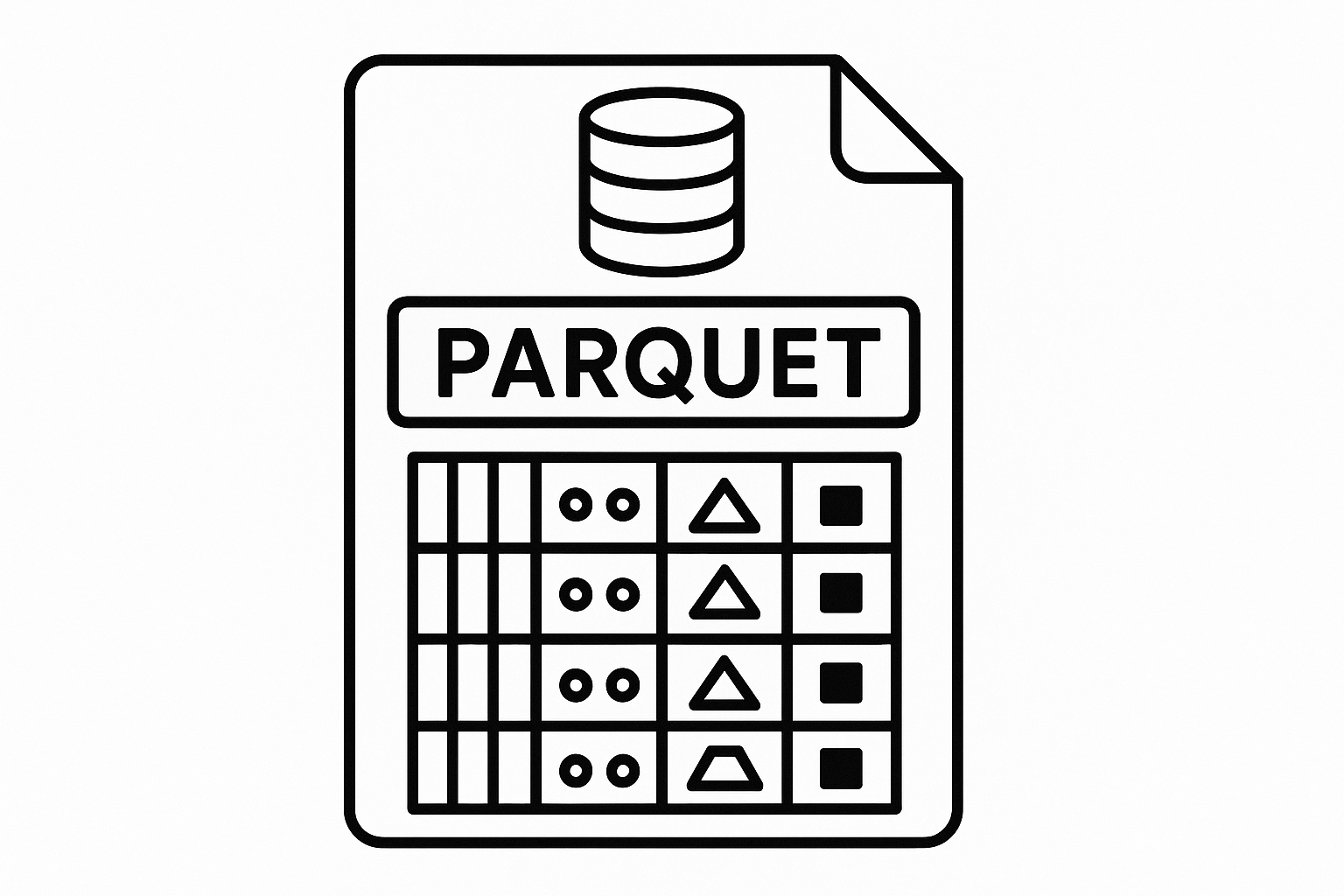How to leverage Python to fill-out the missing dates on a file.
Note that this could also be achieved with many other programming languages, statistical languages (Julia, R, ...) or even Excel or Spreadsheets. This is one example among others.
Library to leverage
For this example, I will leverage the pandas library. Be sure to install it. And why pandas? Because it's the most common and easier to use, with built-in functions.
The how-to
A few step, quick steps, to find the missing date data into your dataframe, thanks to Python.
Create a list
Create a list with the missing dates, this could be exporting from any data you may have (Analytics, Google Search Console, Conversion from your CMS). Let's call it date_missing.
Convert the list into a datetime series
date_series = pd.to_datetime(pd.Series(date_missing))
Create min and max on your date range
Create a date range from minimum to maximum date in your data
all_dates = pd.date_range(start = date_series.min(), end = date_series.max())
Find and define dates in not in your dataset
Find dates that are in all_dates but not in your data
missing_dates = all_dates.difference(date_series)
The full script
import pandas as pd # Assuming 'dates' is your list of dates date_missing = [ "2023-08-17", "2023-08-18", "2023-08-20", "2023-08-21", "2023-08-22", "2023-08-23", "2023-08-28", "2023-08-29", "2023-08-30", "2023-08-31", "2023-09-02", "2023-09-05", "2023-09-07", "2023-09-08", "2023-09-09", "2023-09-10", "2023-09-13", "2023-09-15", "2023-09-16", "2023-09-17", "2023-09-21", "2023-09-22", "2023-09-23", "2023-09-27", "2023-09-28"] # replace with your list # Convert the list into a datetime series date_series = pd.to_datetime(pd.Series(date_missing)) # Create a date range from minimum to maximum date in your data all_dates = pd.date_range(start = date_series.min(), end = date_series.max()) # Find dates that are in all dates but not in your data missing_dates = all_dates.difference(date_series) print(missing_dates)




